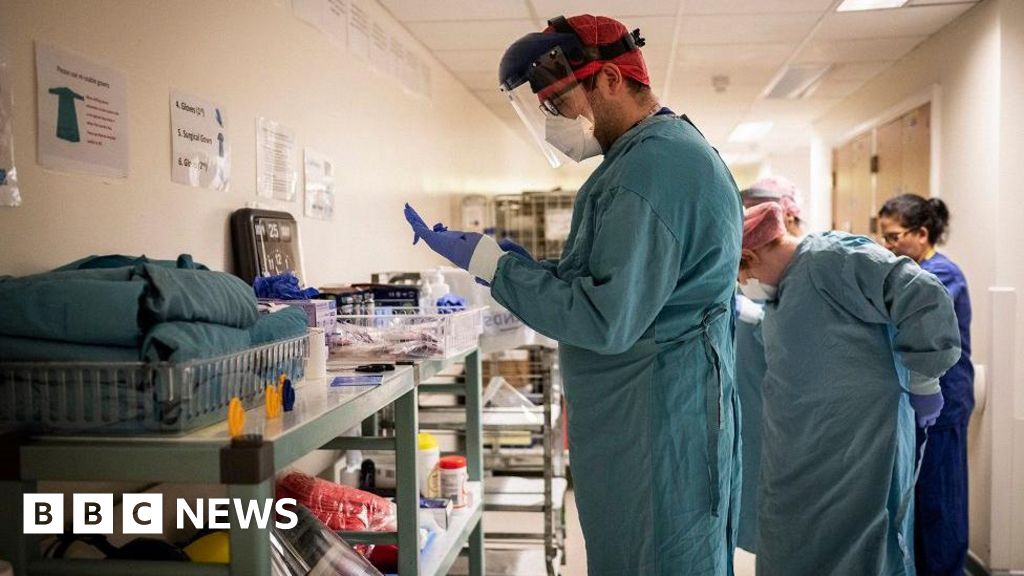A planned target of December this year for the delivery of a new digital inclusion programme has been welcomed by formal NHS Scotland partner InnoScot Health as ‘a vital first step’ to better care.
The programme is part of the Scottish Government’s recently published Digital Health and Care Strategy, Care in the Digital Age, covering plans for 2024-2025 that will support the NHS to offer new or enhanced services through improved systems, infrastructure, and better access.
The strategy includes ambitions to enhance digital access, digital services, digital foundations, digital skills, and data while outlining progress over the last year in areas such as the collection of real-time data, remote monitoring, and digital maturity assessments.
The government insists that the strategy’s priorities “reflect our ongoing commitment to a shared ambition, and to working collaboratively with organisations across the sector”.
InnoScot Health says it believes that the most important aspect of the new iteration of Care in the Digital Age is its digital inclusion programme delivery target, “supporting people to access the online services they need in support of their health and wellbeing”.
Launched in August 2023, part of the project’s initial focus has been on identifying potential barriers to access and how these can be addressed, while developing, testing and implementing programmes to help people build their digital skills and confidence so that they can gain better access to an increasing range of health and care services.
Head of Innovation at InnoScot Health, Robert Rea said: “Successfully fostering digital inclusion across the country is a vital first step if the health service is to achieve maximum engagement with its expanding online services promoting more choice in how the patient manages their own care.
“It’s therefore pleasing that clear strategic steps are being taken in order to realise that ambition, with much more to come. Furthermore, those plans are being matched by ongoing enhancement of digital skills amongst the Scottish health and care workforce.
“This includes a refreshed programme for digital data leadership and skills through published learning pathways from September 2024; a focus on supporting the development of the Digital, Data and Technology (DDaT) Profession Capability Framework within NHS Scotland Boards for December 2025; and provision of a Digital Transformation in Health and Care MSc for 50 people per year starting in March 2026.”
A second phase of digital inclusion plans entitled Connecting to Care began in April this year with seven funded projects across Scotland.
InnoScot Health says the ultimate aim is to “enable people to take charge of their own health, have an increased knowledge of how and where to access help and support” and to “reduce pressure on NHS Scotland services by providing tools for appropriate self-care”.
Care in the Digital Age further notes that work has begun on an automated NHS theatre scheduling system, following a successful pilot through the Accelerated National Innovation Authority (ANIA) pathway in NHS Forth Valley and NHS Lothian.
This is expected to standardise scheduling workflows, increasing productivity, removing paper processes, and reducing administrative burden as well as patient waiting lists.
Care in the Digital Age also notes a number of planned infrastructural improvements, including a single sign-on solution providing NHS staff with access to multiple platforms in March 2025, an electronic prescribing and medicines administration system for hospitals by December 2025, and the introduction of a single cloud-hosted national GP IT system by 2026.
Innovation Manager at InnoScot Health, Fiona Schaefer said: “The collaborative innovation opportunities arising out of the shift to digital services are exciting in so many ways and InnoScot Health is well placed to support the workforce at all levels in realising those ambitions.
“Strengthening Scotland’s digital health and social care services must be a collective ambition and InnoScot Health shares the key vision for turning it into a reality.”
The workforce’s digital innovators are encouraged to submit their ideas.









